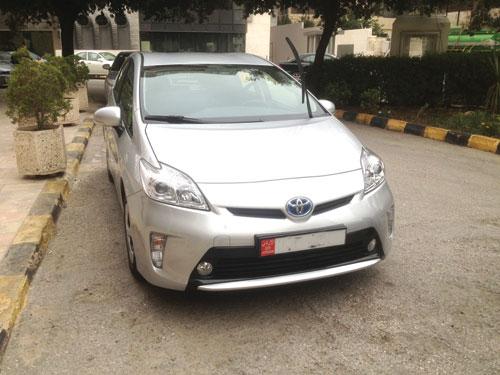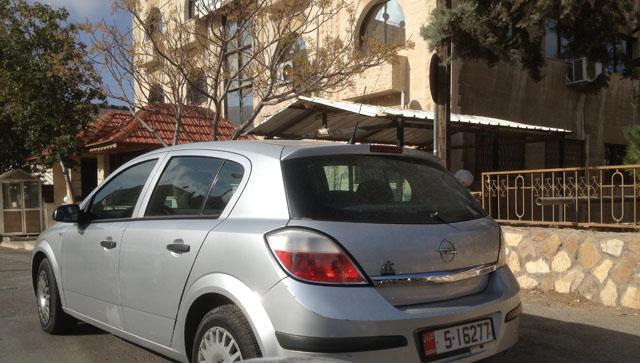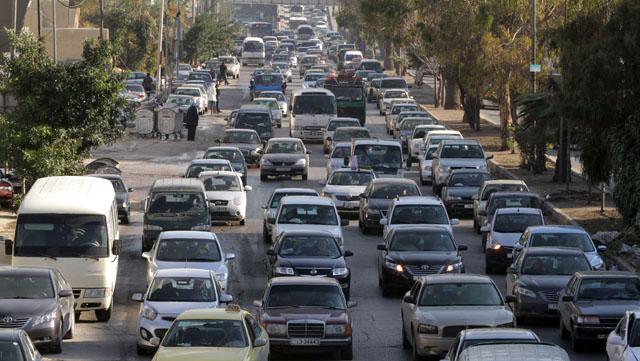You are here
‘Gov’t spent JD39.1m on public vehicles in 2014’
By Omar Obeidat - Apr 19,2015 - Last updated at Apr 19,2015

AMMAN — The maintenance cost of public sector vehicles reached around JD9 million in 2014, according to official data, which showed that the maintenance and fuel bill for the fleet was JD39.1 million.
According to the re-estimated figures in the 2014 State Budget Law, the cost of maintenance for the fleet of independent public institutions was JD5 million last year, while the maintenance cost of ministry vehicles stood at around JD4 million.
The fuel bill for independent agencies amounted to JD11.8 million, while ministries and other government departments bought fuel worth JD18.1 million, making the civil service sector's overall fuel bill around JD30 million.
The 2014 cost of maintenance and fuel saw a 4 per cent drop when compared to the 2013 bill, which stood at JD41 million.
In 2013, the maintenance cost of public sector vehicles, including the cars of ministries and independent state organisations, was JD9.2 million, while the fuel bill was nearly JD32 million.
Independent institutions spent around JD5.8 million on car maintenance, while ministries and other public departments spent only JD3.4 million.
Ministries and affiliated departments purchased fuel worth JD18.8 million in 2013, while independent agencies, which enjoy administrative and financial independence from the government, spent JD13.3 million on fuel.
An informed source told The Jordan Times that the number of government vehicles is around 20,000, with 10 per cent to 15 per cent belonging to independent institutions.
Related Articles
The Audit Bureau has criticised two ministers who use six government cars and another senior official who also uses three vehicles.
The Legislation and Opinion Bureau has amended the organisational structure of the Transport Ministry to enable it to set up a special department to control the use of government vehicles.
AMMAN — A total of 3,750 out of 5,000 government vehicles to be included in the first stage of the GPS tracking project are now in the syste
















